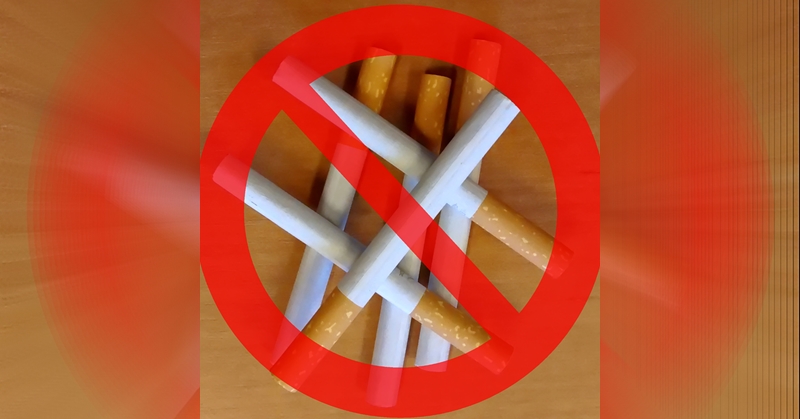If you are residing in the Middle East, or thinking about going there for work or travel, keep in mind that the region generally imposes strict laws against smoking. In today’s post, we’ll be looking at anti-smoking laws as implemented in Bahrain, Saudi Arabia, and the UAE.
ALSO READ: List of Banned and Restricted Items in Saudi Arabia
In Bahrain, His Majesty King Hamad Bin Eisa Al Khalifa issued and ratified anti-smoking laws in 2009. In the same year, the UAE issued Federal Law No. 15 of 2009, which placed strict prohibitions and penalties against smoking, as part of the country’s National Agenda. In 2016, authorities in Saudi Arabia began implementing anti-tobacco regulations as well.

Rules Against Smoking in the Middle East
Based on the anti-smoking laws of the said countries, here are some general rules that are strictly imposed:
#1 – No smoking in closed or indoor public places. These include cafés, restaurants, hair salons, shopping malls, hotels, and other business establishments, along with elevators and public transportation means.
#2 – No smoking in or near certain establishments. Smoking in or near schools, mosques, sports facilities, health facilities, and socio-cultural facilities are not allowed. In Saudi Arabia, breaking this rule could lead to a fine of SAR 200 up to SAR 5,000.
#3 – No smoking in private cars in the presence of children. Even if you are inside your own car, but there are children below 12 years old with you, smoking is still prohibited.
#4 – No selling of cigarettes or tobacco-related products to those below 18 years old. Shopkeepers may ask for identification before selling cigarettes or tobacco products, especially if they are unsure of a customer’s age.
#5 – “No smoking” signs should be prominently displayed. Such signs should be placed in prominent areas of an establishment, where they can easily be seen by everyone.
#6 – No selling of cigarettes through vending machines. Cigarettes or tobacco products must be sold in packets, not through automated vending machines.
#7 – No selling of children’s toys or sweets that resemble cigarettes or tobacco products.
#8 – No promotion or advertising of cigarettes and tobacco products.
#9 – No distribution of cigarettes as gifts or free samples.
#10 – No planting or manufacturing of tobacco anywhere in the Kingdom (Bahrain and Saudi Arabia, in particular).
Rules Against Smoking Shisha
In the UAE, the following rules against smoking shisha are imposed:
- No operation of shisha cafés within 150 metres of schools, mosques, and residential areas unless there is a special license.
- In Dubai, smoking shisha is banned in beaches, parks, and other public recreation areas.
- Also in Dubai, pregnant women are not allowed to enter shisha cafés, whether they intend to smoke or not.
Across all of these countries, anyone who is found to violate anti-smoking rules would be subject to fines and penalties. Establishments may also be suspended for several months.
ALSO READ: [Guide] Dress Code in Saudi Arabia
As you can see, countries in the Middle East generally impose strict rules against smoking and tobacco products. These laws may not be the same as in your home country, but remember that as a foreign resident, you are subject to local laws at all times.
